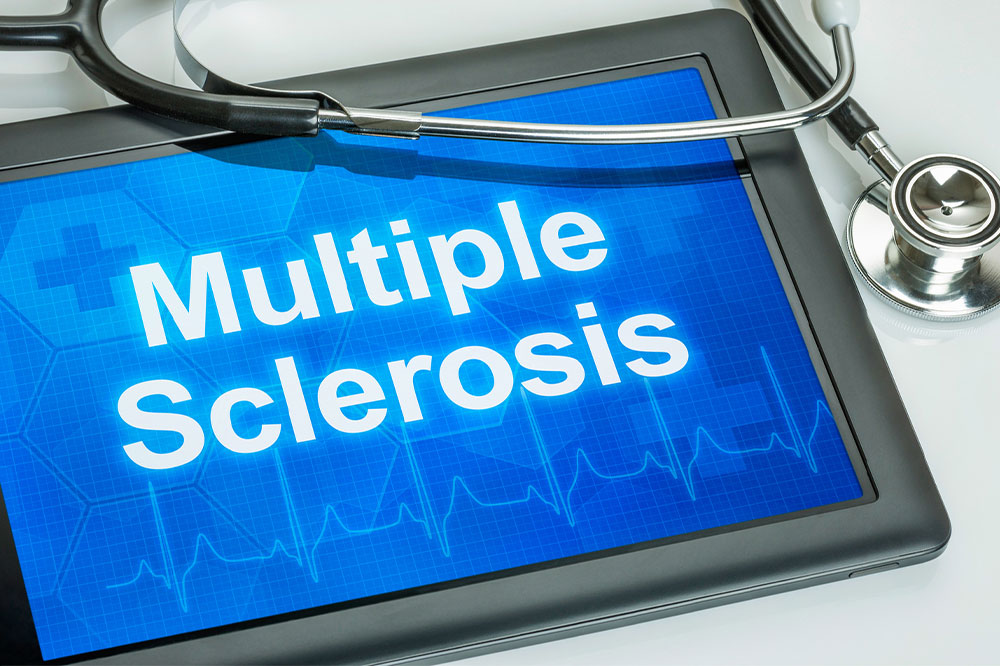
4 Treatment Options for MS
Multiple sclerosis or MS impacts the functioning of the brain and spinal cord. Some of the standard functions that MS can disrupt include vision, arm and leg movement, balance, and sensation. While the condition is often mild, it lasts a lifetime. Life expectancy is slightly compromised due to the condition in most cases, and symptoms can often be treated.
Let us understand some of the treatment options of MS.
1. Corticosteroids
This is one of the treatment methods for MS attacks. Nerve inflammation can be managed with the help of corticosteroids such as intravenous methylprednisolone and oral prednisone. Common side effects of the treatment include an increase in blood pressure and blood glucose levels, insomnia, mood swings, and fluid retention.
2. Plasma exchange or plasmapheresis
This is also a treatment for MS attacks and involves the removal of plasma, which is the liquid component of the blood, separating it from blood cells. Then, the blood cells are mixed with albumin, a protein solution, and reinserted into the body. This treatment works better if the symptoms have shown up recently, are severe, and have not responded to treatment with steroids.
3. Drugs to modify the progression of the disease
For people with relapsing-remitting MS, a disease-modifying drug may be the first course of action for the doctor. These medicines help in slowing down the progression of the disease and also prevent severe flare-ups. As the immune system is known to attack myelin during MS, these drugs work by curbing the immune system. The common drug used in relapsing-remitting MS cases is beta interferons, which reduces the frequency and severity of flare-ups. It may cause several symptoms, such as fatigue and fever, which typically last just a few months. Other drugs for the treatment include Glatiramer (Copaxone, Glatopa), Cladribine (Mavenclad), Dimethyl fumarate (Tecfidera), Diroximel fumarate(Vumerity), Fingolimod (Gilenya) Monomethyl fumarate (Bafiertam), and Ozanimod (Zeposia).
4. Treatment for symptoms
MS can cause numerous symptoms, and all of these have to be treated individually. Fatigue is one of the most common symptoms. The doctor may prescribe amantadine, but the medicine may not be fully effective. Parallel to medication, you may be asked to exercise, ensure you have a healthy sleeping routine, save energy, and avoid medicines such as some painkillers that worsen the condition of fatigue. In addition, there may also be visual problems associated with MS. Although these problems are fixed on their own, steroids may be prescribed if the symptoms are severe. MS may also cause muscle spasms or stiffness, which can usually be managed with the help of physiotherapy. Likewise, exercise may also be suggested if the person is suffering from mobility problems. Emotion problems may be treated with the use of antidepressants or therapy.


